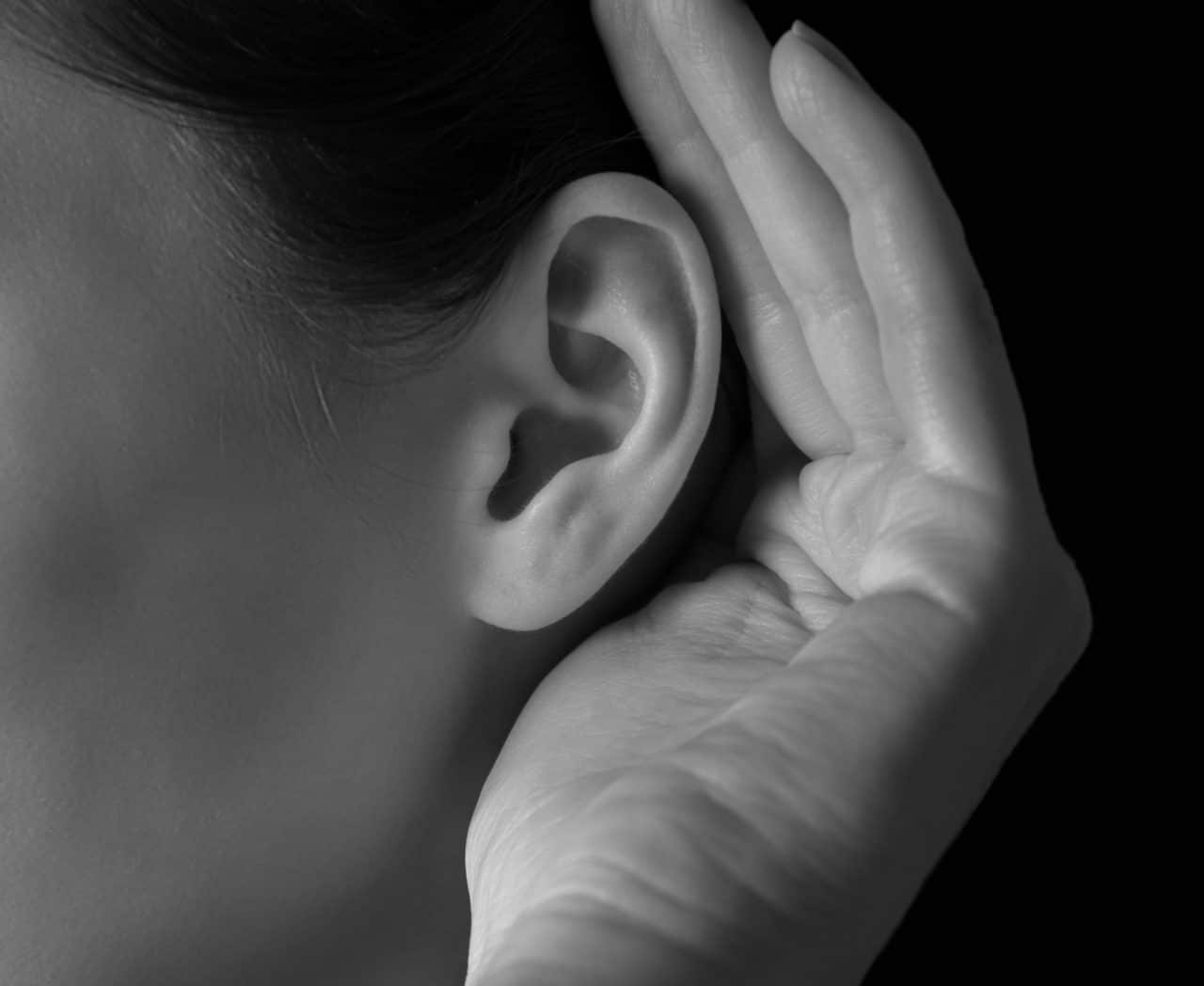Otosclerosis is an abnormal growth of bone in the middle ear that causes hearing loss. It typically begins in the early 20s, and is the leading cause of middle ear hearing loss in young adults.
What Causes Otosclerosis?
The exact cause of otosclerosis is not known, but evidence suggests a genetic link passed down from parent to child. Middle-aged Caucasian women are most at risk, and hormonal changes seem to be a contributing factor including pregnancy and menopause. This bone growth usually occurs around the stapes bone in the middle ear, preventing it from moving freely, essential to proper hearing.
What Are the Symptoms of Otosclerosis
Gradually worsening hearing loss is the primary symptom of otosclerosis. It may begin with an inability to hear low-pitched sounds or whispers. Other symptoms may include vertigo or dizziness and tinnitus (ringing in the ears).
How is Otosclerosis Diagnosed?
The symptoms of otosclerosis are like those of other conditions, so a thorough examination by an otolaryngologist is essential in ruling out other problems and diagnosing the disease. A hearing test will usually show signs of conductive hearing loss in the lower frequency tones, a hallmark of otosclerosis.
How is Otosclerosis Treated?

Mild cases of otosclerosis can be corrected with a hearing aid designed to amplify sounds. Orally ingested sodium fluoride has been shown to slow the progression of the disease, and may be an option.
In more advanced cases, a surgical procedure known as a stapedectomy is often performed. In this surgery, part or all of the affected stapes bone is removed and replaced with a prosthetic device that enables the bones of the middle ear to resume movement, allowing sound waves to reach the inner ear, improving or restoring hearing.
There are inherent risks in any surgery, but left untreated, otosclerosis will only get worse. Speak to your doctor about the best treatment options for your hearing loss.
To make an appointment with a Lake Jackson ENT & Med Spa provider, visit our online scheduling link.